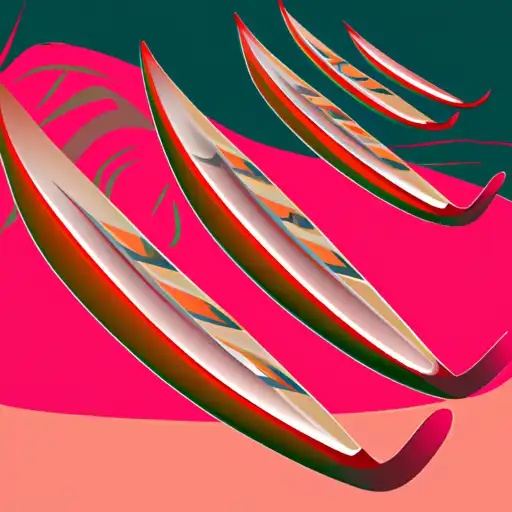
Polynesian Canoes
Unveiling the Mysteries of Polynesian Canoes: Symbols of Tahitian Heritage and Culture
Sailing through the majestic Tahitian waters on your vacation can be an experience of a lifetime. What makes this aquatic voyage truly remarkable is the va’a, the Polynesian word for canoes. The Polynesian canoes are not just means of water transport, but they encapsulate the essence of Tahitian culture and its people’s deep-rooted connection to the ocean. Join in as we delve deeper into this profound aspect of Polynesian heritage.
A Glimpse of Ancient Polynesian Navigation
The ancestors of the Polynesians were undoubtedly the greatest navigators on the blue planet, journeying over vast stretches of the Pacific Ocean simply with the guidance of celestial bodies and the rhythm of the waves. Their robust canoes, known as va’a, were their chariots and their companions in these exploration feats. Tahitians have managed to preserve this knowledge and continue to construct and sail these canoes honoring their ancient traditions.
The Va’a: Tahiti’s Magnificent Artistry
In the Polynesian culture, canoes are seen as a symbolic means of connecting with the environment, ancestral heritage, and spiritual values. Tahitian canoes’ construction stages have ceremonial practices, signifying their importance. These canoes are made primarily from local materials, with the hull crafted from the wood of the Breadfruit tree, lashed together by sennit cord made from coconut fibers, and finished with sacred Red Feathers.
Tahitian canoes come in various sizes. The one-person canoe (V1) and the six-person canoe (V6) are the most common. They serve different functions, from daily fishing expeditions to sporting events like the legendary Hawaiki Nui Va’a, an annual race spanning across the Leeward Islands of French Polynesia.
The Influence of Canoeing on Polynesian Life
Canoeing in Polynesia transcends the boundaries of a recreational pastime. Polynesian canoes have played a vital role in shaping the Polynesian way of life, influencing everything from cuisine to spirituality.
On the culinary front, the tradition of fishing expeditions on canoes has led to a diverse seafood-based Polynesian cuisine. Distinctively Tahitian dishes like poisson cru, a raw fish salad marinated in lime juice and coconut milk, owe their existence to the islander’s skilled fishing techniques honed over centuries on these canoes.
Spiritually, canoes play a vital role in mythology and are often designated a sacred status. The most famous of these myths narrates the Tahitians’ belief in the deified canoe Tahiti Nui. The mythological landscape of this canoe transforms into the geographical features of present-day Tahiti.
Tiking or the elaborate tattoos often carry designs inspired by the motifs representing canoes and associated marine life, revealing its deeply engraved role in Tahitian culture.
Wrapping Up
Immersing yourself in the culture of Tahitian canoeing empowers you to understand and appreciate the intricate ties between Tahitians and the vast South Pacific Ocean. So, the next time you sail on the glistening waters around Tahiti, remember you’re not just on a canoe—you’re on a journey through the legacy of a unique island culture that has treasured and protected the ocean, its resources, and its mysteries for generations.
*Explore more about the mesmerizing culture, traditions, and distinct way of life on the Tahitian islands on our blog.ederland